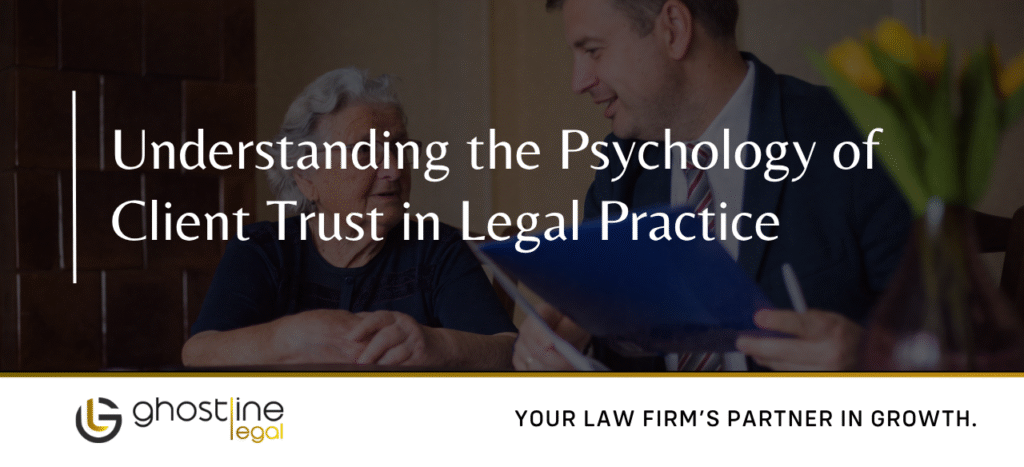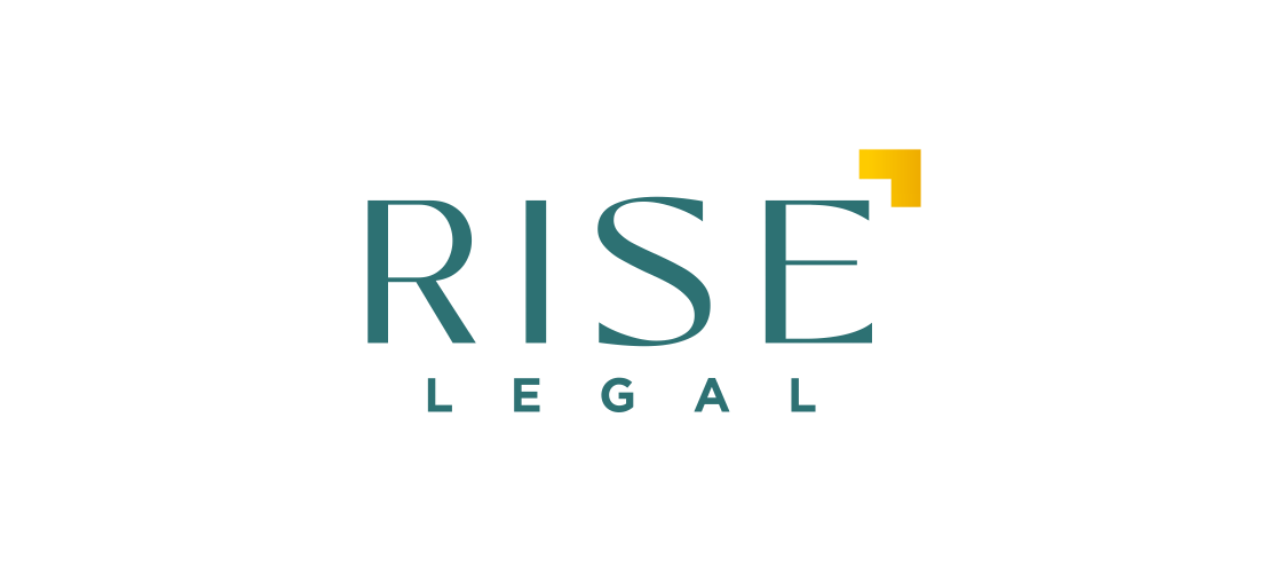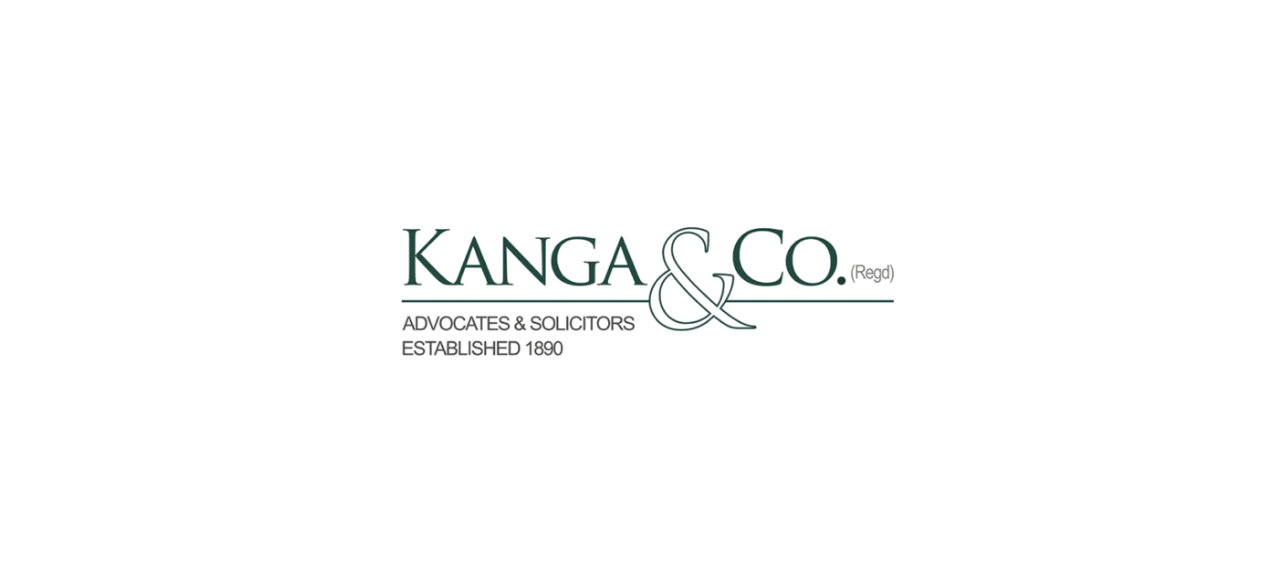This article has been authored by team Ghostline Legal.
Introduction
Imagine walking into a doctor’s office with a painful ailment, only to be greeted with rushed answers, medical jargon and unclear costs. You would think twice about trusting your health to them, would you not? And the same reasoning applies in the legal profession. In the present scenario, the stakes are usually liberty, livelihood or legacy. Clients seek lawyers not only because of their knowledge but because of confidence and trust. At such a time of vulnerability, trust is everything. Actually, it is not the winning or the losing, but the capability of the lawyer to evoke the feeling of trust, which defines whether the client will leave the room satisfied and relieved. And how can such trust be established in an industry or profession which is viewed as aloof and transactional, that is how psychology comes in.
The Invisible Currency
Trust is the invisible currency of legal practice. Although qualifications and winnings contribute to the credibility of a lawyer, trust is what introduces the possibility of a long term relationship, client happiness and obviously word of mouth. However, trust build process is not automatic in nature and does not build from a degree of law. Rather, it is an intricate combination of perception, communication, emotional intelligence and consistency.
The psychology of trust in law is not merely an issue of ethical concern but a competitive edge in a very competitive profession. It enables lawyers to approach challenging discussions, retain more clients, and reduce the risks of misunderstanding. The given article decodes the psychological roots of the client trust and provides the legal professionals with the actionable information which they can use to enhance the given essential element of practice.
The Psychological Foundation of Trust
Fundamentally, trust is a psychological element where an individual is prepared to be vulnerable on the basis of favourable assumptions in regards to intentions or actions of another. Clients are especially vulnerable in legal practice in which family, financial or even criminal issues are at play. They tend to be in a crisis, unknown to the law and have no idea as to what to expect.
Psychologists suggests that trust is built on three pillars mainly that are:
1. Competence: Legal competence entails legal knowledge as well as effective application of the law to the client’s case. However, psychologically competence is not just skill, it is a perceived skill. Lawyers who can reflect that they are
- Effective in communication
- Possess control over process actions
- Confident in their process and the possible results
- Willing to clarify complicated legal terminologies into simple words for better and easier understanding
When a lawyer is ready and predicts the questions, as well as tells what can be expected, it imbibes confidence and psychologically builds trust in the client’s mind.
2. Integrity: A lawyer with excellent competence will find it hard to earn trust when he/she has questionable integrity. Honesty in legal service is regarding consistency and ethical conduct. In order for the client to seek trust through integrity that could be
- Transparency in lawyer’s billing or fees
- Proper demonstration regarding the strengths and weaknesses of the matter in hand
- Honoring of promises and deadlines
Client satisfaction research studies invariably demonstrate perceived dishonesty or evasiveness as one of the leading causes of trust loss even surpassing losing a case. This emphasizes the importance of clients appreciating honesty, even in the case when this truth is unpleasant, rather than empty hope.
3. Benevolence: Probably the least expected part of trust is benevolence. It provides the answer to the question as to whether my lawyer cares about me or my matter other than a paycheck?. Lawyers are being taught to be objective and detached whereas clients usually want to be comforted on an emotional level. Listening actively, empathy and interest in the well being of the client is a strong ingredient in trust building. There are a few minute things which could show such benevolent nature such as
- Recollection of personal information
- Inquiring on the stress level of client
- Tolerance in heated discussions
Such things can have a significant effect of making the client feel understood and appreciated. Behavioral psychologists believe that spending a couple minutes of emotional validation can help move a client to a trusting state.
Psychologically, trust to a lawyer does not establish technical competence only but in a relationship. A lawyer who can demonstrate sincere understanding, clarity, and composure will likely have clients who trust him or her more. By employing empathetic phrases such as “we know this can be overwhelming” and presenting low-risk offers, such as free consultations, one can lower the anxiety levels in clients and make them feel understood and appreciated. Such emotional reassurance can be effectively used to build initial rapport and distinguish a lawyer among other people who might appear to be distant or even transactional.
Moreover, applying neuromarketing methods, such as focusing on pain points, addressing the possible loss or providing possible solutions using simple and familiar language can also trigger automatic trust triggers. As another example, the headlines like “Still suffering after your accident?” or “You may be waiting too long to act” appeals more to the concerns of the clients and increases the chances of taking action. Lawyers who base their communications and messages on these psychological principles have a better chance to receive client loyalty, referrals, and success in the long run.
Conclusion
To sum up, the phenomenon of trust cannot be reduced to a mere side effect of legal expertise- it is a constructed psychological phenomenon created with the help of empathy, transparency, and ethical behavior. Trust is built into the advocate-client relationship as a mere client or one dealing with complex high stakes cases. By being aware of the psychological basis of trust, namely competence, integrity, and benevolence, lawyers would go beyond fulfilling the legal demands of clients, and address their emotional anxieties. An active listening lawyer, who is transparent in communication and shows that he or she cares, can turn anxiety into confidence in a client. Legal practitioners who manage to align both their professional practice and strategies of engaging clients with the understanding of psychology will be better placed to have more meaningful relationships with their clients, enhance client satisfaction and eventually differentiate themselves in a legal market that is gradually becoming very competitive.
Build credibility for your law firm with strategic PR – get started now!








